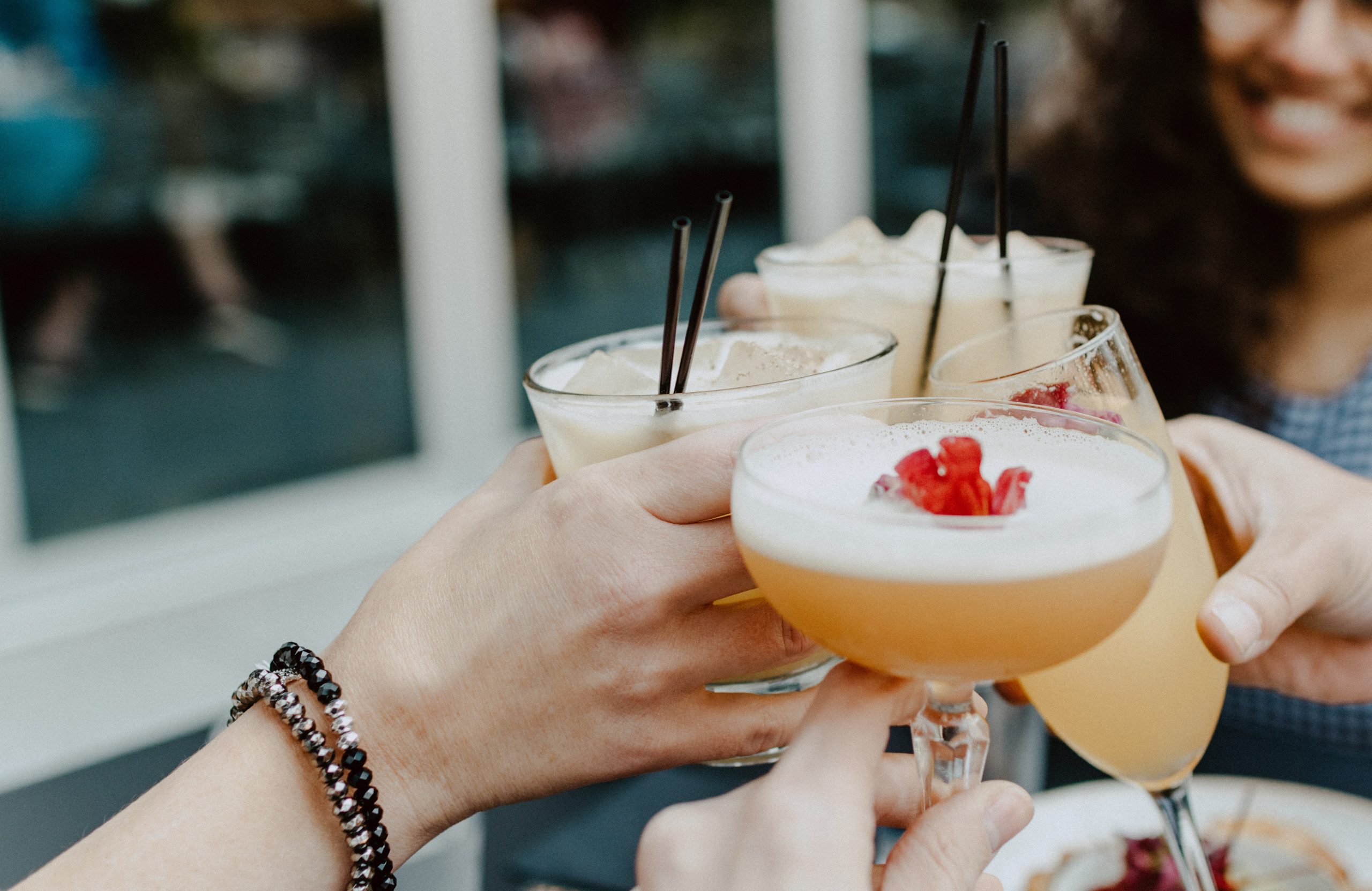Sian Crossley is an accredited Psychotherapist who spent five working as a therapist in the NHS, before starting Break the Cycle Coaching when on maternity leave. Through her online classes and inspiring Instagram videos, she helps others understand, process and heal after an emotionally difficult childhood. Sian has developed a series of courses including How to Heal Your Mother Wound, which can be found in her monthly membership. She shares her insights with Frank.
Sian, can you tell us your background and what you do as a childhood trauma specialist?
I’m a psychotherapist and I’ve trained in Integrative Counselling and Cognitive Behavioural Therapy (CBT).
I’ve always been interested in the link between how our childhood is and how life becomes for us as adults.
There’s something so unfair about the reality that having difficult childhood experiences (or simply not getting enough of what you needed emotionally) can make the rest of your life much harder.
I’m dedicated to helping people become more self-aware and ultimately heal and move forward after childhood trauma.
Trauma, and particularly childhood trauma, is much more widely discussed now. What unearthed this, in your view?
I think there has been an increase in collective awareness about the way social systems, as well as traditional parenting methods, have contributed to people widely living with low self-esteem, depression, anxiety and high levels of stress.
It also seems that as people talk more about childhood trauma the shame of it is reducing, which is opening the conversation up even more.
As we advance so much in terms of technology, such as social media, it’s encouraged people to stop and look back to previous generations and to think about the link between then and now, and ultimately to think of ways to improve on what’s come before them.
The Mother Wound is one of the focuses of your work. What is the Mother Wound?
The Mother Wound is the gap between what you needed from your mother and what you got from her. It can also be thought of as the internalisation of your mother’s unprocessed trauma, on you.
The way we mother is affected most directly by our own childhoods, and many women in previous generations simply didn’t have the support to process and heal from their own childhoods.
This means that issues such as low confidence, poor boundaries, dysfunctional relationships, body image issues, poor self-care, and living with high levels of stress, tend to get passed down through the generations. Although this is no one’s fault, the impact of it is the same.
Mother Wound work is about acknowledging and addressing the impact of how you were mothered and doing what needs to be done to heal from it.
Why did you choose this area to specialise in?
I have a complicated relationship with my own mother, which triggered my personal healing journey, and resolving the issues that came from this has been so beneficial.
I also spent years as a therapist helping people make sense of their maternal relationships. I could see the enormous impact it had on their relationships and self-esteem.
It is still a topic that isn’t widely talked about, so I wanted to offer some ways to help people recover from their Mother Wounds.
How does the Mother Wound show up in our lives? What sort of life events can trigger it?
Typically it shows up in ways that relate to how much we value ourselves. This may mean you have issues with your body image or how you look, issues with asking for what you need and holding healthy boundaries.
The Mother Wound can look like feeling taken advantage of, sacrificing yourself for those around you, setting high standards for yourself, and having low confidence.
It can also mean you become competitive with other women and hyper-critical of yourself.
Often it can lay dormant for years until it’s triggered, or something happens that makes you realise the reality of the relationship and how it’s still affecting you.
Triggers might be becoming a mother yourself, your mother passing away or becoming ill or elderly, getting divorced or having other significant difficulties in your relationships.
Sometimes you might just reach a point of being fed up with always being hard on yourself, missing out on good opportunities because of low confidence, and always putting yourself last.
When you reach a point of wanting these things to stop, it can lead to questioning why they have come about in the first place. This often leads back to the Mother Wound.
Some of us knew as children that we weren’t being mothered in the way that we wanted. But for some of your clients, can it be something they only become aware of as adults?
Yes. In fact, it’s almost impossible for a child to truly acknowledge the ways their mother isn’t giving them what they need.
We are strongly invested in maintaining a relationship with our mother when we are young as we are dependent on her in many ways.
This means the difficult bits often get stored unconsciously and then re-surface when we can deal with them better as adults.
It’s still difficult to acknowledge at any age, but it’s much safer (psychologically speaking) to do so when you are an independent adult.
Criticising our mothers can feel taboo. Are some of us in denial about our wounding?
Yes, absolutely. There is a big investment at a collective level to protect mothers and resist criticism.
The reality is that mothers are just people who have their own pasts and trauma, and who may not have had the support to work through it. I think much of the denial comes from not wanting to seem ungrateful.
I am a mother myself, and I know first-hand how difficult a job it is. However, the reality is that even if someone tries their best there may still have been gaps that need to be addressed.
This is never about blame, but rather acknowledging your feelings and reality so that you don’t repeat the cycle in your own life (whether or not you have children).
How has becoming a mother yourself shaped your experience of the Mother Wound?
Becoming pregnant with my daughter made me take healing my Mother Wound seriously.
I found the thought of having a daughter and potentially repeating the dynamic overwhelming, so it became part of my motivation to understand it better.
My relationship with my mother has improved since doing Mother Wound work because I now feel able to set boundaries and have changed the impact it was having on my relationships and self-esteem.
For many of us, caring for our mothers in old age can be triggering. How can we navigate this phase of the mother-child relationship?
This can be so tough, and the first part would be to try to let go of any guilt you might have about not wanting to care for her, or finding it very difficult.
It can present a complicated mix of experiencing your mother as vulnerable, but also remembering her as critical, unkind, unsupportive and so on.
Give yourself a lot of compassion, seek as much support as you can (emotional and practical), and recognise your right to outsource her care.
Can you tell us more about your Healing The Mother Wound course and how it can help people?
My Mother Wound course is a four-stage roadmap to guide you through healing from your relationship with your mother.
The focus is not on improving your relationship with her, but on recovering from the impact it’s had on you.
It will show you how to understand YOUR Mother Wound, grieve for what you didn’t get and accept it (not the same as forgiving!).
Then you learn how to become your own mother and find ways to thrive rather than just survive and live the rest of your life on your terms, not your mother’s opinions.
It’s suitable whether you are in contact with your mother or not, or whether she is alive or has passed away. It’s a no-blame approach that works!
Things can get better. No matter how desperate or difficult things might feel, there is a way for you to feel lighter, and to move past it. You are not obliged to make your mother happy or proud, and you never were.

Check out more about Sian’s work HERE and be sure to follow her on Instagram







